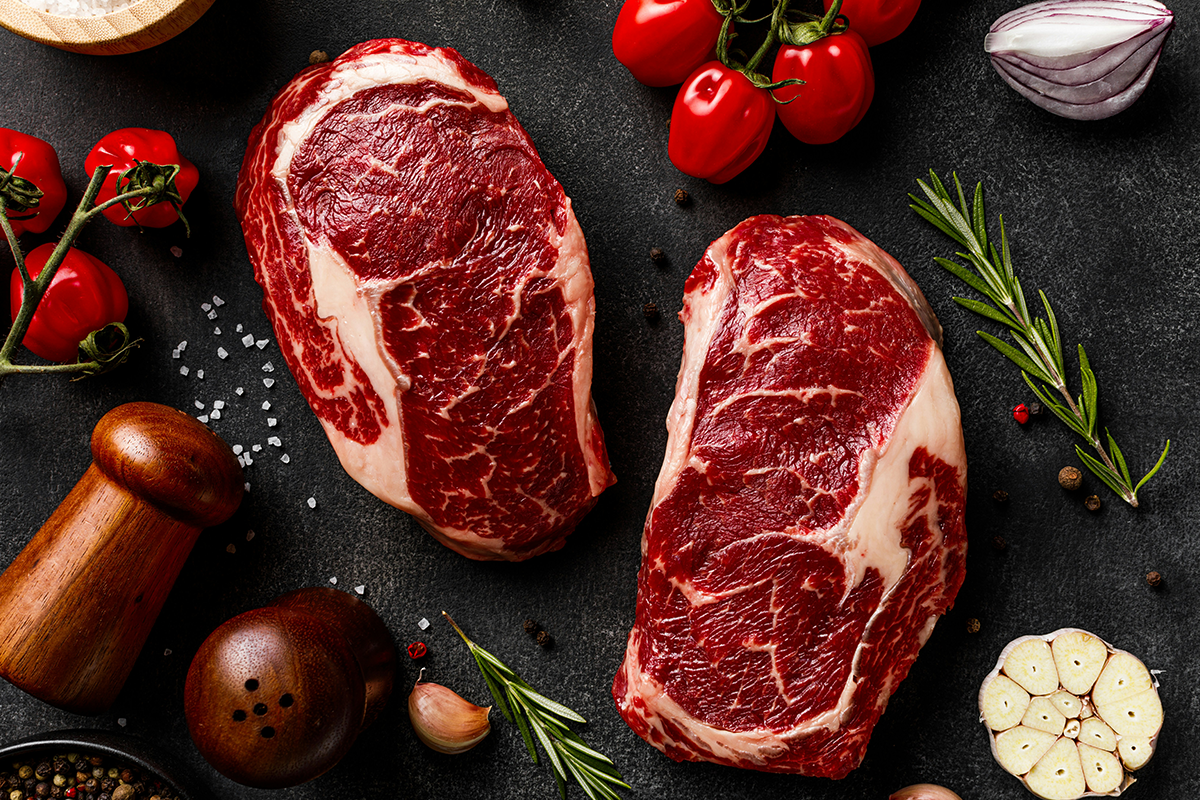The Best High Protein, Low Fat Foods to Improve Your Health
Incorporating foods rich in protein in your diet is essential when it comes to maintaining overall well-being and health. But the question then becomes: How much protein do we need, and what foods are high in protein and low in fat?
In this Foodie Fit blog, we’re going to take a closer look at the best high protein low-fat foods that will improve health, from chicken and cottage cheese to codfish and everything in-between.
Why High Protein Low-Fat Foods Matter
Proteins are defined by many health professionals as building blocks of the body, encompassing bones, cartilage, blood, muscle, skin, enzymes, vitamins and hormones. As such, they’re essential for development and growth, the repair and construction of cells and tissue – such as muscle – and play a vital role in body processes such as fluid balance, the immune response and blood clotting.
Proteins are derived from amino acids, with some of these being made by our bodies naturally, and these are known as nonessential amino acids. There also exist nine types of these acids that our bodies must obtain via the consumption of foods that contain them; referred to as essential amino acids, they are necessary with regard to normal body functioning.
High protein low-fat diets are beneficial for weight management, muscle maintenance and overall health, with protein being particularly good for satiety – which can reduce overall calorie intake. Further, low-fat dietary options minimize excess calories and can improve heart health; it’s important to note that these types of diets also support muscle growth and repair, which is crucial for maintaining a healthy metabolism and preventing age-related muscle loss.
The Best High Protein Low-Fat Foods for Meat Eaters
Carnivores seeking high protein low-fat options can choose from skinless chicken breast, turkey breast, lean cuts of beef and pork and fish such as tuna and cod.
Let’s take a closer look at some of these now.
Chicken Breast
Skinless chicken and turkey breast represent very lean protein sources, meaning they boast a high amount of protein with minimal fat.
Cod and White Fish
Fatty fish like salmon offer healthy fats alongside protein, but white fish such as cod, haddock or halibut should be chosen for lower fat content.
Lean Cuts of Beef and Pork
Opt for cuts like tenderloin or sirloin, and trim any visible fat before cooking such meats.
The Best High Protein Low-Fat Foods for Vegetarians
For herbivores seeking high protein low-fat diet options, a variety of choices are available, from beans/lentils/peas and soy products to nuts, seeds and dairy items. In the area of dairy, cottage cheese benefits include muscle development, weight management and blood sugar regulation; similarly, egg white benefits have been linked to high protein content, low calorie count and minimal fat and cholesterol.
Chickpeas and Other Beans
Various types of beans, such as kidney beans, black beans and chickpeas, offer a good amount of protein and can be incorporated into numerous dishes.
Lentils
A great source of protein and fiber, lentils are often added to salads, stews and soups, or simply enjoyed as a side dish.
Tofu
This versatile product made from soybeans absorbs flavors effectively and can be used in scrambles, stir-frys or even as a meat substitute.
Quinoa
This complete protein source can be used as a substitute for rice or even added to salads.
Tempeh
Another soybean product, this boasts a firmer texture than tofu and exudes a nutty flavor.
Conclusion
While no doubt beneficial, high protein low-fat diets may not be suitable for everyone, so it’s important to consult with a healthcare professional or registered dietitian before making significant dietary changes. Also important to note is the fact that extremely high protein intake, especially from animal sources, may pose risks for individuals with pre-existing kidney problems.
Here’s the key: A balanced diet that incorporates a variety of nutrient-rich foods – including fruits, vegetables and whole grains – is essential for your overall well-being.

